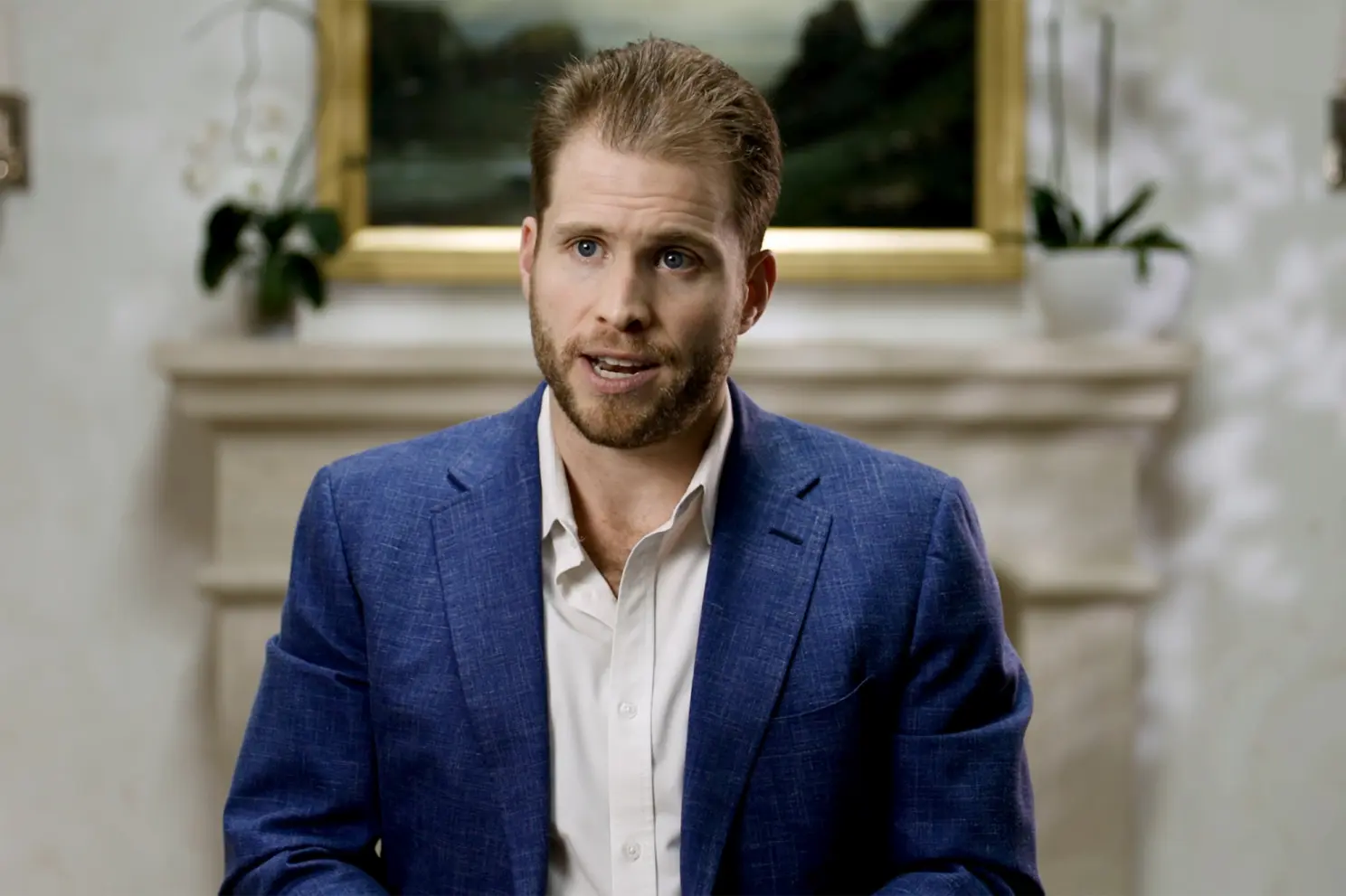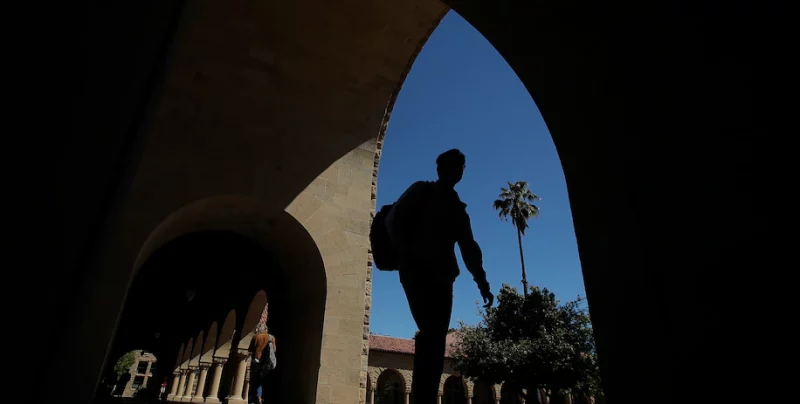
This article first appeared in the New York Post.
Frustrated with how modern universities stifle free thought and academic diversity, a group of writers and entrepreneurs announced Monday that they are launching their own institute of higher learning: The University of Austin. Joe Lonsdale, a partner at 8VC and a founder of Palantir, Addepar, Resilience Bio, and other multi-billion dollar technology companies, is one of the founders. Here, in an exclusive for The Post, he outlines the school’s mission.
In the 20th century, American universities attracted exceptional thinkers in every field and produced an unprecedented wealth of knowledge. Our universities drove scientific progress, pursued truth, and cultivated an intellectually courageous and competent elite. They helped make the United States the most innovative, prosperous and powerful nation in history.
But today, our universities are failing to live up to that legacy.
First, stagnant institutional structures have hampered universities’ ability to achieve great things. The German model of dividing the university into distinct departments allowed for the specialization and focus needed to progress in specific fields. But with time, specialization in the United States gave way to hyperspecialization, and isolated scholars began to guard their fields from scrutiny.

Great breakthroughs in American science since the Manhattan Project — such as the Human Genome Project, the semiconductor revolution, rocket propulsion, etc. — have mostly been the result of interdisciplinary collaboration, and few took place within any department. As hyperspecialization drove scholars deeper into departments, administrative growth at universities exploded, dragging down entire institutions with bloat and bureaucratic politics.
Secondly, the sacrifice of liberal enlightenment values has corrupted academic cultures. In the liberal university, open inquiry and debate about the world were prized as values in their own right. Our society recognized this by endowing universities with public money, trust, and power. In modern universities, these values have been lost, as has the legitimacy they impart. Robust debate on important topics is increasingly rare, and uniformity of viewpoint is increasingly demanded. Universities have been captured by new ideologies of intolerance that order subservience and quash those who think differently.
The combined effect of these structural and cultural problems is that the elite universities aren’t attracting the best talent as often, nor producing the type of leaders we need.

Many of the independent thinkers who don’t adhere to the right academic categories and ideologies, those who might have become leading academics 50 years ago, now find greater self-actualization as entrepreneurs and technologists. Independent thinkers are repelled by intolerant and rigid intellectual environments. When universities are obsessed with hunting heretics, they become incapable of real creative achievement and fall behind. Bad careerist incentives discourage engagement with outsiders, or even with those on the inside who diverge from consensus.
In the shadow of these challenges lies an opportunity.
It is possible today, for the first time in generations, to build a new university to compete with top schools — one that attracts the most talented young people in the world and empowers them to pursue truth and innovation. We can, today, found a university that will prepare a new generation of leaders to think for themselves about all sides of an issue, speak truth to power, and take power back from ideologues.

I’ve spent my entire adult life founding and helping build mission-driven companies to provide long-term value to our society, and I’ve made a great deal of money by doing so. This year, I’m embarking on a very different type of venture, a philanthropic one that many have told me is crazy, but grounded in the same long-term mindset: founding The University of Austin.
The University of Austin is, at its heart, a project based on optimism. By getting the values, incentives, and interdisciplinary structure right from the beginning, we can restore the classically liberal university and the enlightenment values that made our civilization what it is. We can show off something so compelling that it inspires a revival of the values of free inquiry and pluralism, not just in one new university, but in hundreds of universities. And when we do, we can reclaim the civilizational achievements that come from the open competition of ideas.
As we advance in science and technology and better understand our world and ourselves, we can partner with entrepreneurs to help billions live longer and more prosperous lives. We can find the best ways to protect our natural environment. We can help our fellow citizens find meaning in work and in life. Above all, an open debate will help us to preserve the good governance and checks on power, embodied in the American founding, that make us free.

I am an optimist on humanity, on innovation, on America, on our civilization. But optimism without action is just wishful thinking. Zero-sum thinkers and pessimists have captured too many of our institutions. It’s up to us – especially those of us with the resources to do so — to build new institutions that reflect the principles that we want to define the future. For me, there is nothing more important than making sure that future generations are equipped with the requisite knowledge, virtue, and responsibility to be stewards of a free society.
It’s time to build America’s next great university. I am lucky to be joined in this herculean task by dozens of courageous men and women, not least my fellow founders Pano Kanelos, Bari Weiss, Heather Heying, and Niall Ferguson; faculty fellows including Peter Boghossian, Kathleen Stock, Ayaan Hirsi Ali; and advisors including Robert Zimmer, Steven Pinker, Jonathan Haidt, Glenn Loury, Tyler Cowen, Ayaan Hirsi Ali, Deirdre McCloskey, David Mamet, Sohrab Ahmari, Caitlin Flanagan and many more.
This will not be done by pursuing what is popular, or what is conventional, and it will not happen overnight. We are challenging a jealous orthodoxy and expect to be scorned, mocked, and even viciously attacked.

But with a healthy amount of courage, determination, and yes — money, it can be done. And when we succeed and look back on this time, we’ll see that it was a small price to pay for all that we’ll have gained from the choice to be bold today.
I hope you’ll join us.
Learn more about the University of Austin at uaustin.org.

